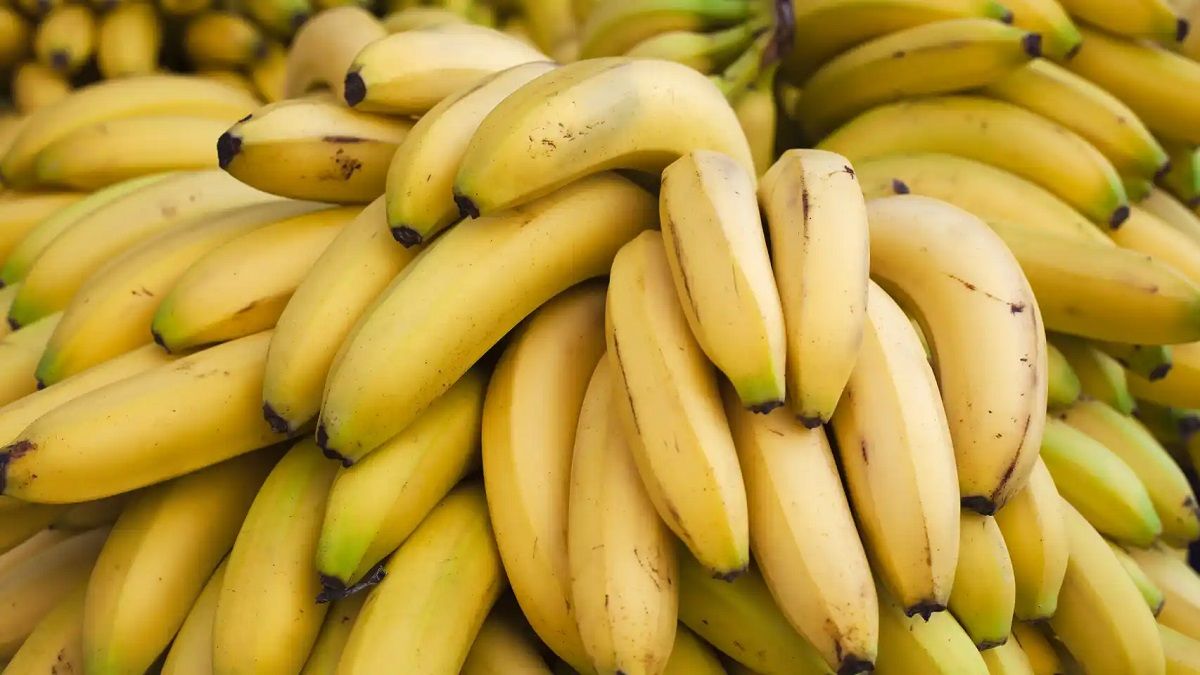Uruguay does not have its own production and imports them from Ecuador, Brazil and Paraguay.
The banana It is one of the most consumed fruits in the world. Uruguay but, due to the climatic characteristics of the country, it cannot produce it and has to import it from Ecuador, Brazil, Paraguay and Bolivia; This causes it to depend on the productive and commercial conditions of other countries for setting prices.
The content you want to access is exclusive to subscribers.
He Uruguay it does not produce banana and yet it is one of the most consumed nationally. Last year its consumption reached 64 million kilos, 14 million more than 15 years ago when a total of 50 million kilos of this fruit were consumed.


According to the business development manager of the Metropolitan Agri-Food Unit (UAM), Alfredo Pérez, The product comes from countries of South America. “39% come from Ecuador, then followed by Brazil with 34%, 24% of Paraguay and this has been significant in growth in recent years, and only 3% comes from Bolivia”, he explained to Underlined.
However, the increase in prices caused the purchase percentage to drop. Brazil, which went from 60% to 34%. “There is a situation of numerous places with floods and then with a heat waveand that meant that many crops were totally damaged and the same Brazilian producers could not export the quality of the banana that is consumed in Uruguay”, Indian.
Climatic incidents
The specialist explained that the price of the Brazilian banana increased almost 100% in recent days, as did that of ParaguayMeanwhile in Ecuador an increase of 50% was noted. In that sense, he indicated that the increase is due, in part, to uneven rains that affect production.
“They have been very damaging in late spring and early summer, in the northern area, where watermelons come from. They have been very negatively affected by the excess water and that means we have a low level of supply and relatively high prices for this,” he noted.
On the other hand, he clarified that in the south of the continent symptoms of drought, which causes the production of deciduous fruits such as apple, the pear and the peaches. “They have been delayed because we had a relatively cold spring and that meant that numerous crops did not develop and were delayed a couple of weeks,” he indicated.
Source: Ambito




